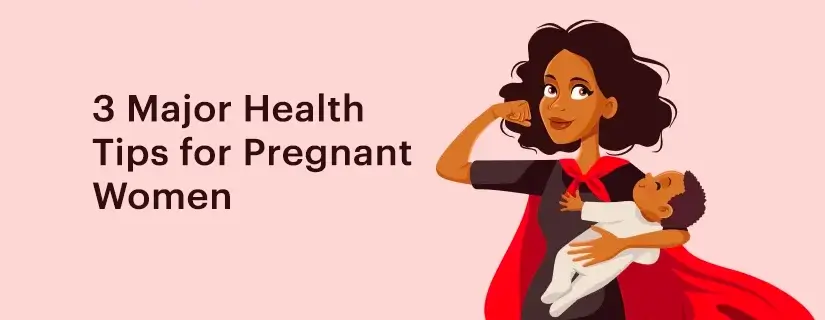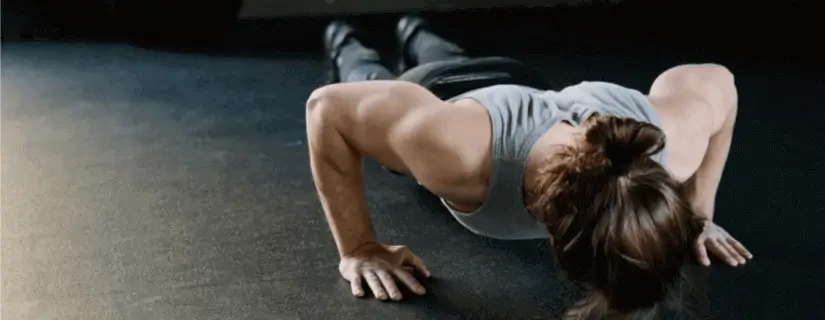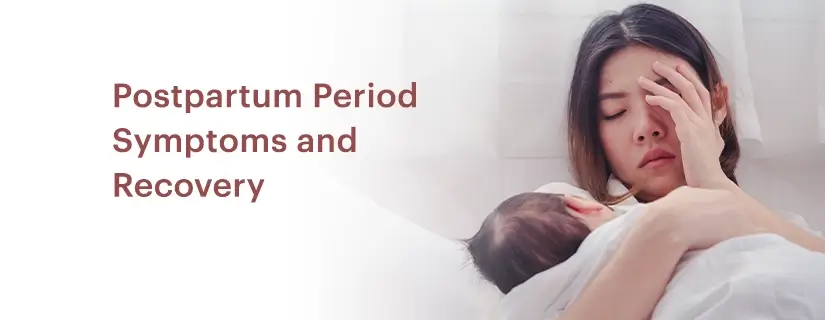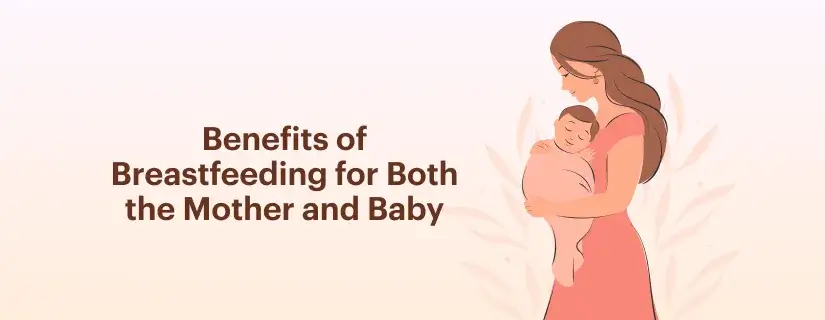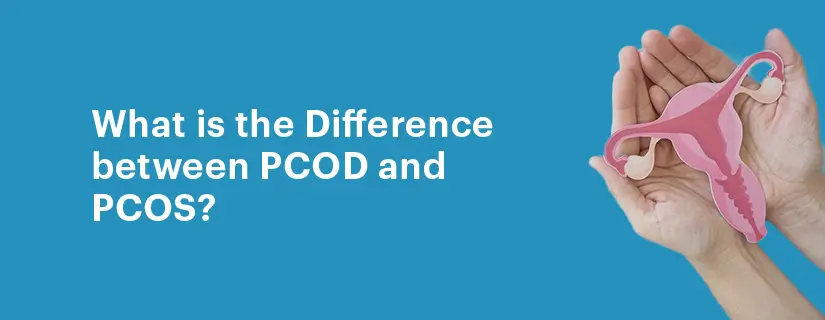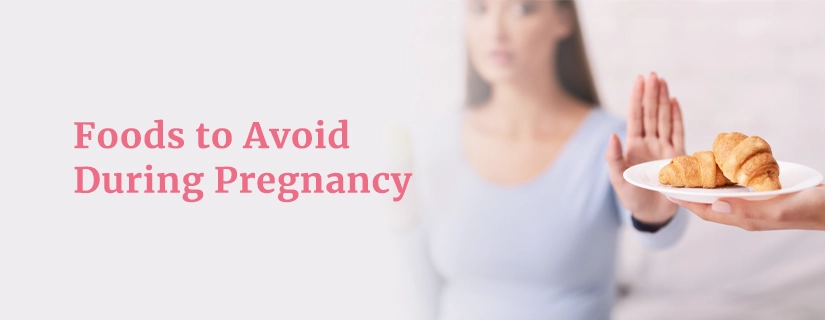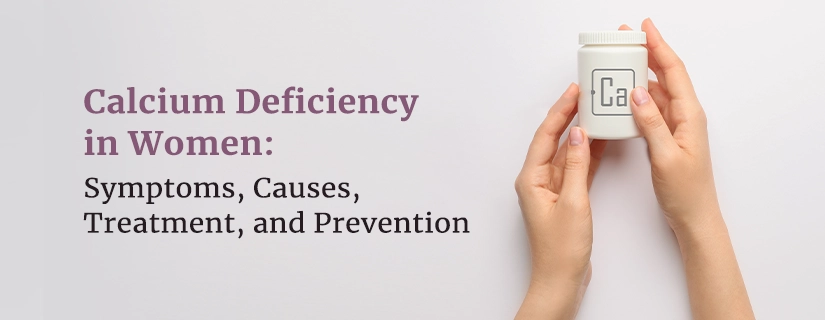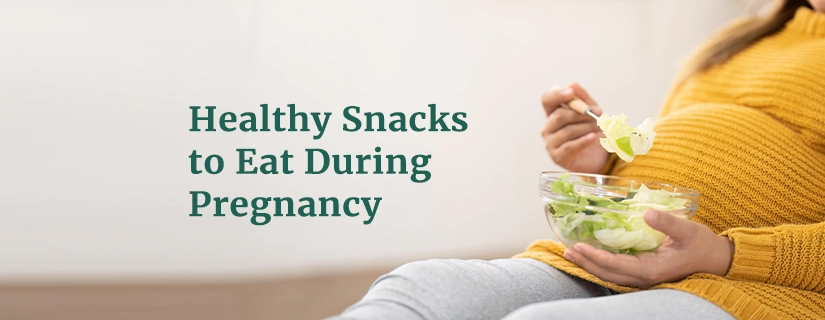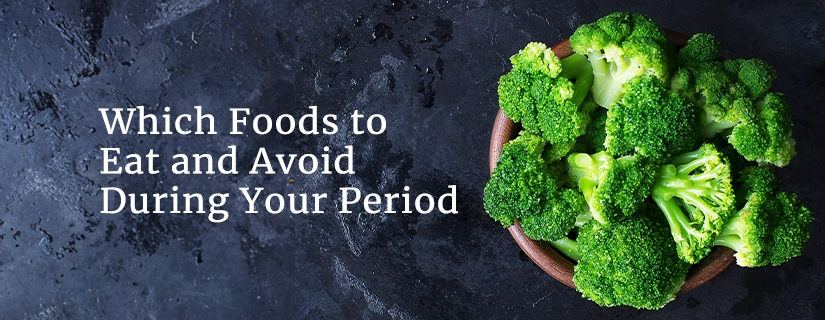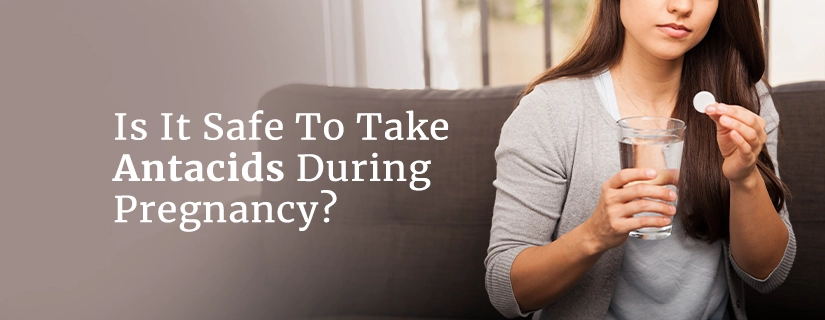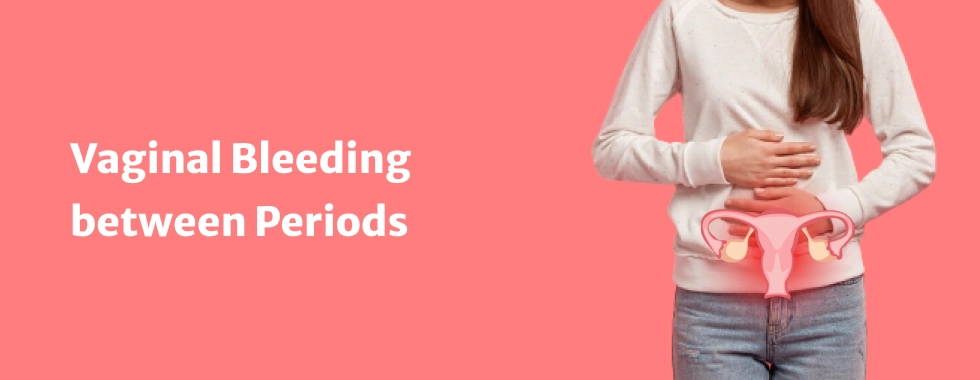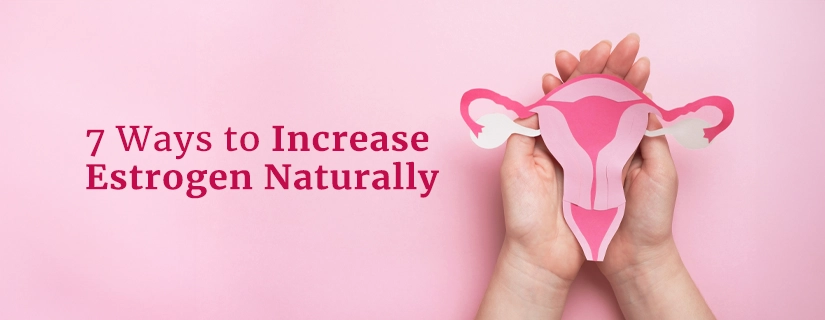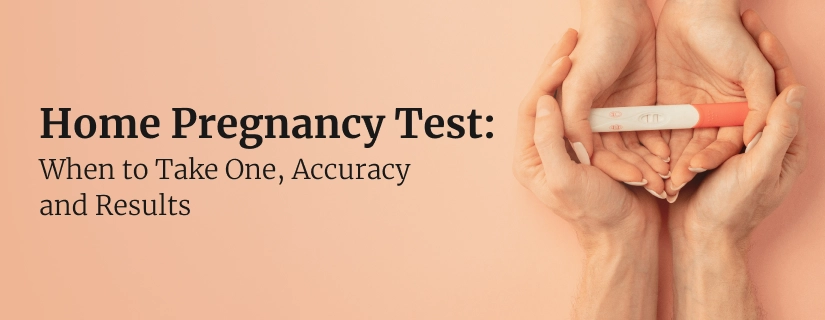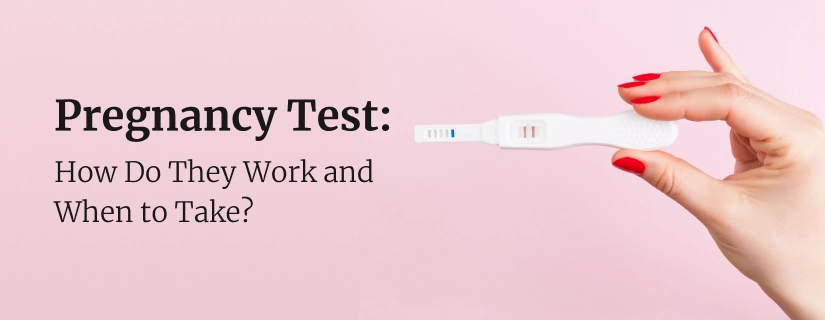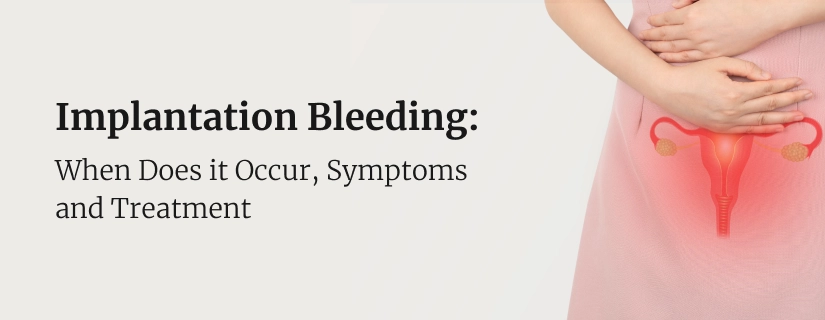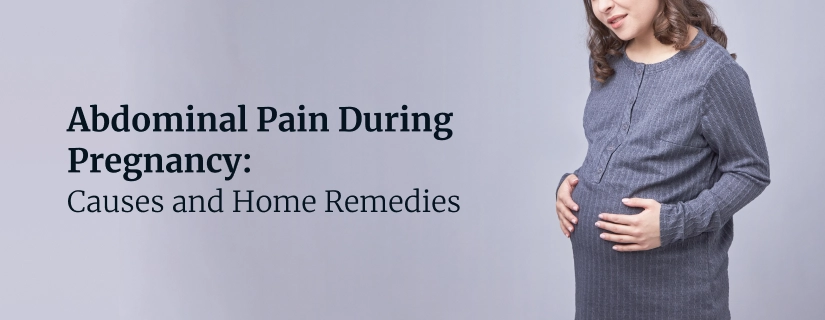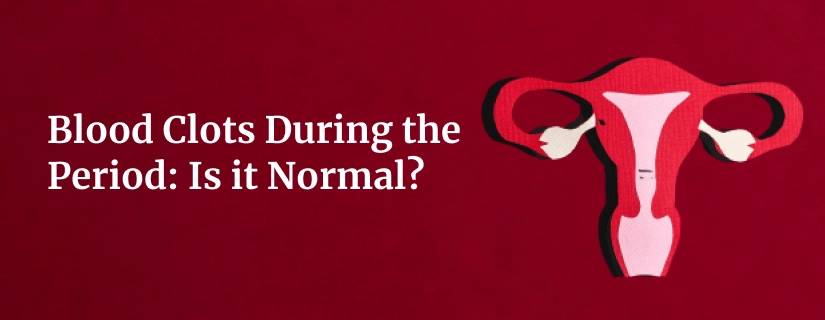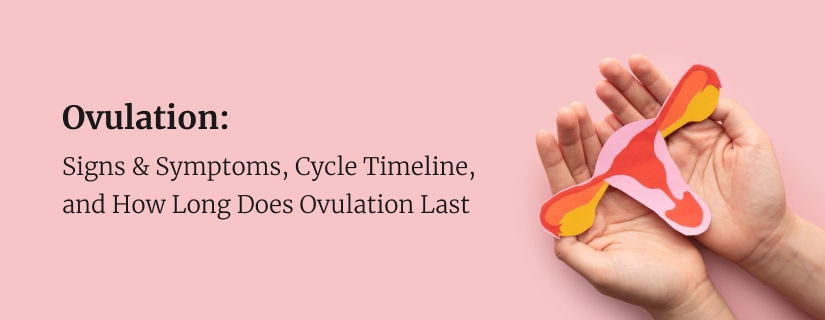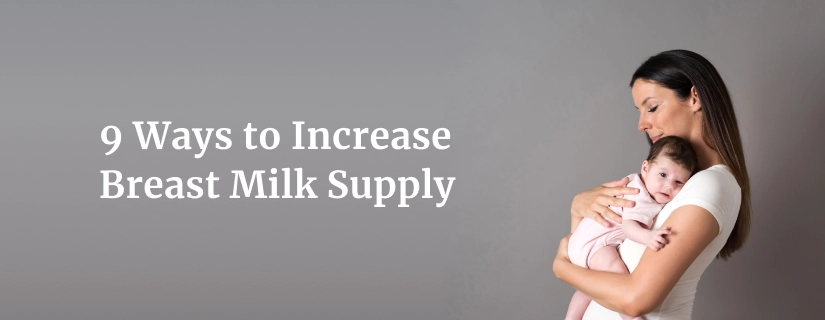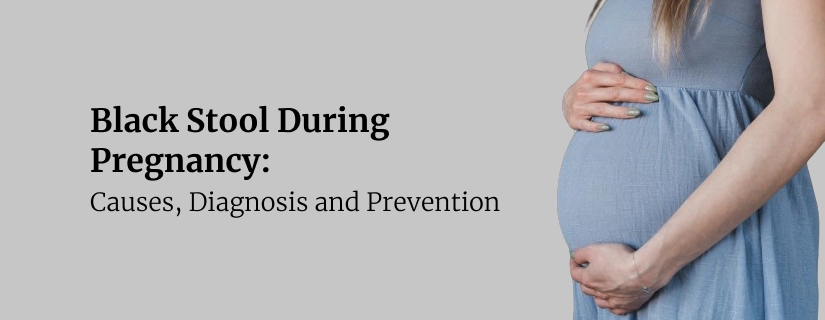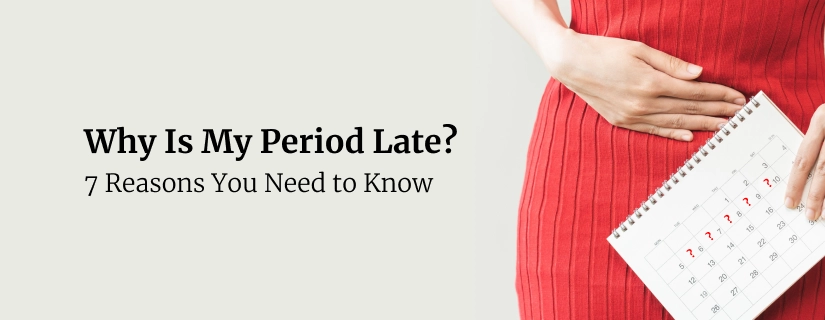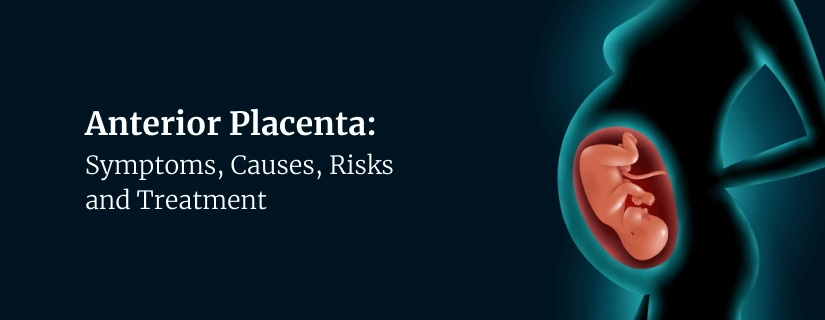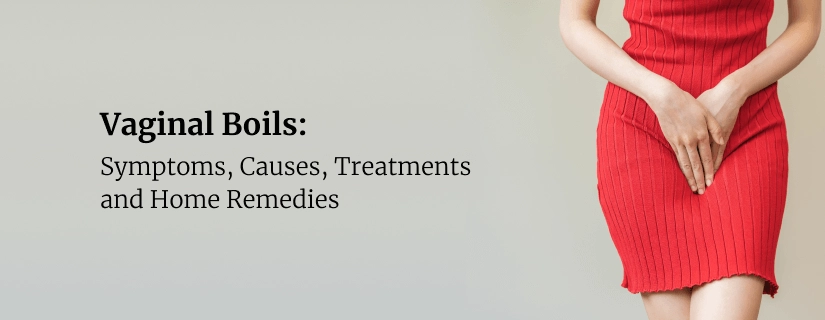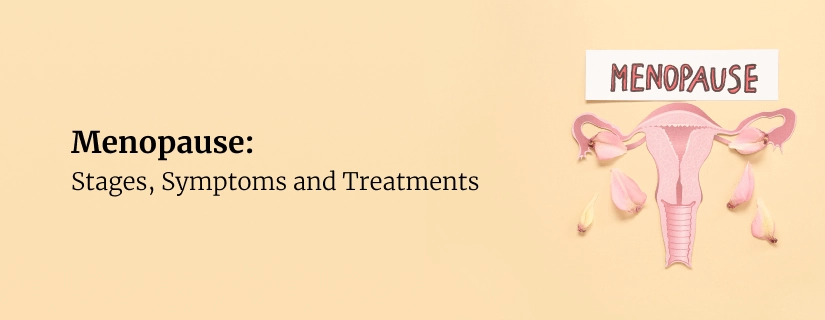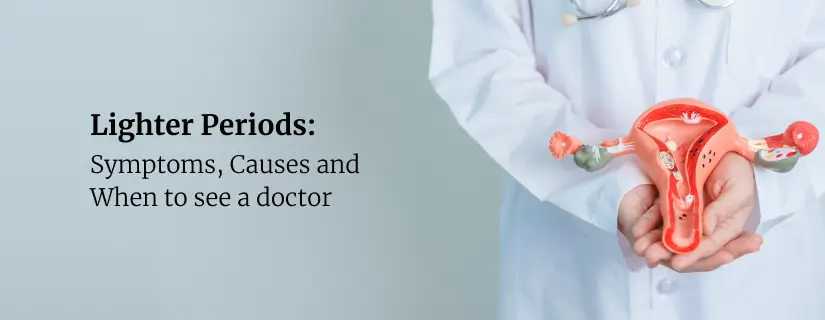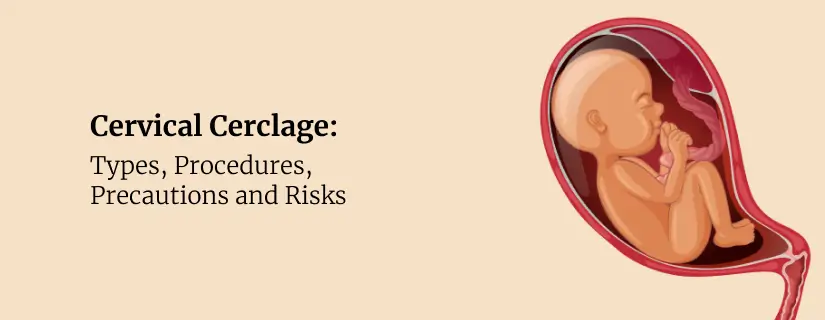-
Doctors
-
Specialities & Treatments
Centre of Excellence
Specialties
Treatments and Procedures
Hospitals & Directions HyderabadCARE Hospitals, Banjara Hills CARE Outpatient Centre, Banjara Hills CARE Hospitals, HITEC City CARE Hospitals, Nampally Gurunanak CARE Hospitals, Musheerabad CARE Hospitals Outpatient Centre, HITEC City CARE Hospitals, Malakpet
HyderabadCARE Hospitals, Banjara Hills CARE Outpatient Centre, Banjara Hills CARE Hospitals, HITEC City CARE Hospitals, Nampally Gurunanak CARE Hospitals, Musheerabad CARE Hospitals Outpatient Centre, HITEC City CARE Hospitals, Malakpet Raipur
Raipur
 Bhubaneswar
Bhubaneswar Visakhapatnam
Visakhapatnam
 Nagpur
Nagpur
 Indore
Indore
 Chh. Sambhajinagar
Chh. SambhajinagarClinics & Medical Centers
Book an AppointmentContact Us
Online Lab Reports
Book an Appointment
Consult Super-Specialist Doctors at CARE Hospitals
PCOD (Polycystic Ovarian Disease) - Causes, Symptoms, and Treatments
Updated on 17 June 2022

Table of Content
- What is PCOD (Polycystic Ovarian Disease)?
- What are the Common Signs & Symptoms of PCOD?
- What Causes PCOD (Polycystic Ovarian Disease)?
- What are the Treatment options available for PCOD?
- Diagnosis of PCOD / PCOS
- Complications of PCOS / PCOD problem
- Home remedies for PCOD / PCOS
- PCOS / PCOD Problem in the Future
- Difference between PCOD and PCOS
- Pregnancy and PCOS
- When to contact a doctor?
- FAQs
According to various research and studies, it is said that 20% of Indian women suffer from PCOD or Polycystic Ovarian Disease. That means every one out of five women suffers from PCOD across the globe. Women diagnosed with PCOS produce elevated levels of male hormones compared to those with PCOD. This hormonal imbalance leads to irregular menstrual cycles and reduced fertility. Additionally, PCOS can result in conditions such as diabetes, infertility, acne, and excessive hair growth due to its unpredictable hormonal effects. In this article lets us understand PCOD symptoms and Treatment and Causes.
What is PCOD (Polycystic Ovarian Disease)?
PCOD stands for Polycystic Ovarian Disease, a medical condition wherein, the women’s ovaries generate premature eggs. The eggs further develop themselves into cysts. An important thing to note here is that the increase in the male hormone (androgen) results in the creation of follicular cysts. This causes an irregular release of the eggs in the ovaries.
What are the Common PCOD Symptoms?
PCOD primarily influences the ovaries in a negative way. Every woman has two ovaries that undertake the production of estrogen and progesterone. The ovaries also release Androgen, which is a male hormone. PCOD disbalances this process, thereby leading to an abnormal release of androgen. Here are the common PCOD signs and PCOD symptoms of the same.
- Irregular Menstrual Periods
- Heavy Bleeding in Menstrual Cycles
- Acne
- Excessive growth of hair on the body
- Hair Loss
- Baldness
- Obesity
- Pigmentation
- Sleep Disorder
- Depression
If you are experiencing any of these signs, then you have PCOD. It is advised to consult a doctor in case you showcase any of these symptoms. Let us now look at the causes of PCOD.
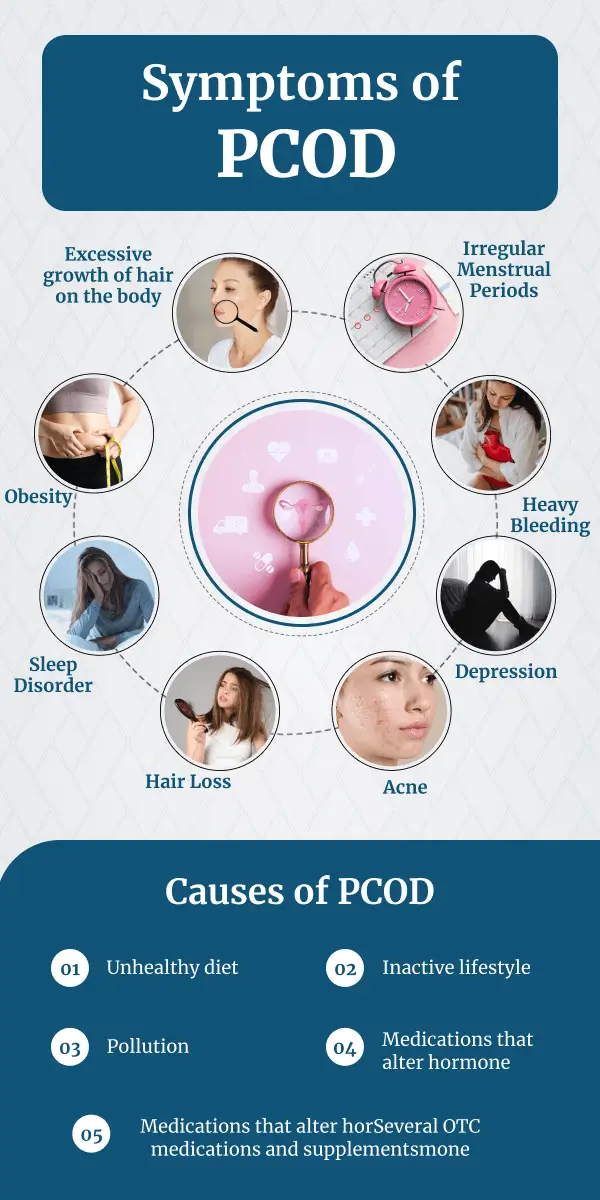
What Causes PCOD (Polycystic Ovarian Disease)?
The exact PCOD causes are not clear to anyone. Many doctors are of the view that PCOD can either be genetic or environmental. PCOD is caused due to the following reasons.
- Unhealthy diet
- Inactive lifestyle
- Pollution
- Medications that alter hormone
- Several OTC medications and supplements
In most cases of PCOD, the condition primarily runs in the family, and most of the time it’s genetic. But there are several other physiological causes as well. So, let us have a look at them!
- Insulin Production: Insulin is produced by the pancreas. It is a natural hormone that helps in regulating the functions of metabolism and blood sugar levels in the body. According to studies, the increased level of insulin results in PCOD. Excessive insulin in the body stimulates androgen production, thereby leading to PCOD.
- Inflammation: Low-grade inflammation can also lead to PCOD in the body. There are several forms of autoimmune diseases that can also lead to inflammation in the tissues of the body. This increases the male hormone in the body which in turn leads to PCOD.
- High Levels of Androgen: The male hormone called Androgen is synonymous with excessive body hair, facial breakout, skin diseases, etc. If this hormone increases, there is an increase in these issues as well. These issues of the body ultimately lead to PCOD.
- Heredity: PCOS in women is associated with specific genetic factors.
- Lifestyle: For managing PCOD, maintain a balanced diet with whole foods, exercise regularly, manage stress, get enough sleep, and stay hydrated. Regular check-ups with a doctor are also important.
PCOD can be caused due to any of these reasons. But once you know the cause, it is important to treat them as well. Here is how one can treat PCOD.
What are the Treatment options available for PCOD?
PCOD Treatment involves both lifestyle changes as well as medications. There is no other cure for this condition but managing your lifestyle can contribute to a great extent. Here’s how!
- Healthy diet – Having a proper meal can help you manage PCOD. If you pay a bit of attention to diet, it can help you eliminate the symptoms altogether. Eliminate sugar, fatty foods, and oily foods from your diet. This will lower your cholesterol levels and help you get relief from cardiovascular diseases.
- Schedule Your Lifestyle – Women having a sedentary lifestyle must plan and exercise regularly to overcome the condition of PCOD.
- Hormonal treatment – In case one is diagnosed with PCOD, it is best to get a cyclical hormone treatment and other medications in order to regulate the periodic cycle.
- Skin Treatment – With a proper skin treatment, one can get rid of skin allergies, acne, patches, darkened spots, etc.
- Infertility – Women suffering from PCOD also experience infertility. To overcome such situations, infertility treatment is provided to women so that they can conceive in the future.
However, there are some Medication and Surgical options as well. Let us have a look at them.
- Progestin – Progestin is a synthetic progestogen that is recommended to perfect amenorrhea.
- Contraceptive Tablets/Pills – Contraceptive pills contain estrogen and progestin that helps in reducing the male hormone in the body. This also helps in combating anovulation.
- Metformin – Obesity is one of the major causes of PCOD. For this, Metformin is used. It is a medicine that reduces insulin in the body, thereby helping in weight loss.
- Laparoscopy – Laparoscopy is a mini surgery used to lower the testosterone levels in the body. This will help in curing PCOD to a great extent.
So, this is how one can treat PCOD. PCOD is an incurable disease. At the most, it can be treated through the above-mentioned ways.
Diagnosis of PCOD / PCOS
Polycystic Ovary Syndrome (PCOS) is typically diagnosed based on a combination of clinical symptoms, physical examination, and specific criteria. To diagnose PCOS, the following steps are generally taken:
- Medical History: The doctor will discuss your menstrual history, symptoms such as irregular periods, excess hair growth, acne, weight gain, and any other relevant medical conditions.
- Physical Examination: A physical exam may be conducted to assess signs of PCOS, such as increased body hair, acne, and skin changes associated with hormonal imbalances.
- Blood Tests: Blood tests are done to measure hormone levels, including levels of androgens (male hormones like testosterone), as well as insulin levels and other metabolic markers.
- Pelvic Ultrasound: A pelvic ultrasound is performed to visualize the ovaries. PCOS ovaries typically have a characteristic appearance with multiple small cysts.
- Diagnostic Criteria: PCOS is diagnosed using specific criteria. The most commonly used criteria are those set by the Rotterdam criteria, which require the presence of at least two of the following: irregular periods, signs of high androgen levels (such as excess body hair or acne), and polycystic ovaries seen on ultrasound.
- Screening for Anxiety and Depression: Given the emotional impact of PCOD, mental health screening is important. Tools like questionnaires can help assess levels of anxiety and depression, guiding further support if needed.
- Screening for Obstructive Sleep Apnea: This evaluation checks for sleep quality and breathing problems during sleep. Sleep apnea is more common in individuals with PCOD, and addressing it can improve overall health and quality of life.
The gynecologist may suggest further tests to assess for potential complications. These could involve:
- Regular checks of blood pressure, glucose tolerance, cholesterol, and triglyceride levels
- Evaluation for anxiety and depression
- Testing for obstructive sleep apnea (OSA)
Complications of PCOS / PCOD problem
Polycystic Ovary Syndrome (PCOS) and Polycystic Ovary Disease (PCOD) are complex endocrine disorders that can significantly impact a woman's health and well-being. Both conditions are characterized by hormonal imbalances, including higher-than-normal androgen levels, which can lead to a range of complications requiring medical attention.
- Abnormal Uterine Bleeding: Women with PCOS or PCOD may experience irregular menstrual cycles, which can lead to heavy, prolonged, or unpredictable bleeding. This abnormal uterine bleeding can cause physical discomfort and may require medical intervention to manage.
- Infertility or Hypertension: PCOS and PCOD can lead to difficulties in conceiving due to irregular or absent ovulation. Infertility can be emotionally distressing for affected women and may necessitate fertility treatments. Additionally, PCOS and PCOD have been associated with an increased risk of hypertension (high blood pressure), which requires monitoring and management to prevent complications.
- Type 2 Diabetes: Insulin resistance, a common feature of PCOS and PCOD, can result in elevated blood sugar levels and an increased risk of developing Type 2 Diabetes. Regular monitoring of blood glucose levels and lifestyle changes may be needed to manage and prevent diabetes.
- Preterm Labor and Premature Birth: Pregnant women with PCOS or PCOD may be at a higher risk of preterm labor and premature birth, which can have adverse effects on the health of both the mother and the baby. Close monitoring during pregnancy and appropriate medical care are essential to reduce these risks.
- Metabolic Syndrome: PCOS and PCOD are associated with metabolic disturbances, including obesity, insulin resistance, high blood pressure, and abnormal lipid levels. This cluster of conditions, known as metabolic syndrome, increases the risk of heart disease, diabetes, and stroke, warranting comprehensive management.
- Depression: The physical and emotional challenges of PCOS or PCOD, such as unwanted hair growth and fertility issues, can lead to psychological distress. Many women with these conditions experience depression and anxiety, emphasizing the importance of emotional support and mental health care.
- Sleep Apnea: PCOS and PCOD, especially in overweight women, have been associated with an increased risk of sleep apnea. Sleep apnea causes interrupted breathing during sleep, leading to poor sleep quality and daytime fatigue.
- Endometrial Cancer: Women with PCOS or PCOD are at an increased risk of developing endometrial cancer due to prolonged exposure of the uterine lining to estrogen without the balancing effect of progesterone. Regular medical monitoring and management can help mitigate this risk.
- Miscarriage: PCOS and PCOD have been linked to a higher risk of miscarriages or spontaneous pregnancy losses, necessitating careful monitoring and medical care during pregnancy.
Home remedies for PCOD / PCOS
While there is no cure for PCOS there are some home remedies and lifestyle changes that may help manage symptoms and improve overall well-being. Consult a healthcare professional before trying any remedies. Here are some lifestyle changes and home remedies that might be helpful:
- Healthy Diet: Focus on a balanced diet rich in whole foods, vegetables, fruits, lean proteins, and whole grains. Limit processed foods, sugary snacks, and refined carbohydrates. Consider a low-glycemic-index diet to help regulate insulin levels.
- Regular Exercise: Engage in regular physical activity, such as brisk walking, jogging, cycling, or swimming. Exercise can help improve insulin sensitivity, manage weight, and reduce stress.
- Stress Management: Practice relaxation techniques like yoga, meditation, deep breathing, and mindfulness to reduce stress, which can impact hormone balance.
- Hydration: Stay adequately hydrated by drinking plenty of water throughout the day.
- Herbal Teas: Some herbal teas, such as spearmint tea, may help reduce excessive hair growth and androgen levels.
- Cinnamon: Cinnamon may help improve insulin sensitivity. Add a sprinkle of cinnamon to your foods or beverages.
- Fiber Intake: Increase fiber consumption to support digestion and help regulate blood sugar levels. Incorporate whole grains, legumes, and fibrous fruits and vegetables.
- Omega-3 Fatty Acids: Foods rich in omega-3 fatty acids, like fatty fish (salmon, mackerel, sardines), flaxseeds, and walnuts, may help reduce inflammation and improve hormone balance.
- Apple Cider Vinegar: Some people find that adding a tablespoon of apple cider vinegar to the water before meals helps with digestion and blood sugar control.
- Probiotics: Consuming foods rich in probiotics, like yogurt or fermented foods, may support gut health and hormone regulation.
- Regular Sleep: Prioritize quality sleep to support hormone regulation and overall well-being.
- Non-alcoholic steatohepatitis (NASH): NASH refers to liver inflammation and damage caused by excess fat buildup in the liver. It can occur alongside PCOD due to shared metabolic factors like insulin resistance and hormonal imbalances.
- Gestational Diabetes: Gestational diabetes can occur in women with PCOD during pregnancy. It's a condition where blood sugar levels become elevated during pregnancy due to hormonal changes. This condition typically resolves after childbirth but requires careful management to prevent complications for both the mother and baby.
- Maintaining a healthy body weight: Maintaining a healthy body weight is crucial. For females, a BMI between 18.5 and 24.9 is considered ideal, while over 30 is classified as obese and unhealthy. Managing weight or losing weight can improve overall cholesterol levels, reduce the risk of high blood pressure, heart disease, and diabetes. It helps maintain optimal insulin and androgen levels, which can restore regular ovulation in the menstrual cycle. Consulting a dietitian for a weight-loss plan to achieve a healthy BMI is advisable.
- Limiting carbohydrate consumption: Limiting carbohydrate intake is important for those with PCOD or PCOS. Following a low-carb or complex carbohydrate diet helps maintain stable insulin levels. Focus on foods like fish, meat, eggs, above-ground vegetables, and healthy fats (such as sunflower seeds, pumpkin seeds, sesame seeds, and butter). Avoid sugary and starchy foods like potatoes, bread, rice, pasta, and beans.
PCOS / PCOD Problem in the Future
Women diagnosed with PCOD or PCOS should consistently monitor their health to prevent potential future complications. If left untreated, PCOD can contribute to conditions like Type 2 diabetes, obesity, and various mental health issues due to hormonal imbalances. On the other hand, for those with PCOS, serious complications may arise, such as hypertension, hyperglycemia, endometrial cancer, and pregnancy-related concerns like premature birth, preeclampsia, and miscarriage. Therefore, regular health monitoring and appropriate medical management are essential to mitigate the risks associated with these conditions and ensure a healthier future for affected women.
Now, it is essential to note that PCOD does not turn into ovarian cancer. You need to follow a proper diet, do exercises, and have medications in order to balance the hormones in the body. Millions of women suffer from PCOD. If you are one of them, then it is important to take preventive measures from now on!
Difference Between PCOD and PCOS
|
Aspect |
PCOD (Polycystic Ovarian Disease) |
PCOS (Polycystic Ovary Syndrome) |
|
Definition |
A condition characterized by multiple small cysts in the ovaries. |
A broader syndrome involving cysts in ovaries, irregular menstrual cycles, and hormonal imbalances. |
|
Cysts |
Multiple small cysts in the ovaries. |
Presence of ovarian cysts is a part of the syndrome. |
|
Hormonal Imbalances |
May cause irregular menstrual cycles due to ovulatory dysfunction. |
Involves hormonal imbalances beyond cysts, such as elevated androgen levels (male hormones) and insulin resistance. |
|
Symptoms |
Irregular periods, fertility issues, acne, excessive facial hair growth (hirsutism), and weight gain. |
Irregular periods, hirsutism, acne, weight gain, insulin resistance, potential fertility problems, and other metabolic issues. |
|
Scope |
Primarily focused on ovarian cysts and menstrual irregularities. |
Encompasses a wider range of hormonal and metabolic issues, often affecting multiple body systems. |
|
Diagnosis |
Based on ultrasound findings showing cysts in ovaries and irregular menstrual cycles. |
Based on a combination of symptoms, physical exams, blood tests (hormone levels), and imaging tests (ultrasound). |
|
Treatment |
Management often involves regulating menstrual cycles and managing symptoms. |
Treatment includes lifestyle modifications, hormonal medications (birth control pills), insulin-sensitizing medications, and fertility treatments if required. |
Pregnancy and PCOS
PCOS disrupts the normal menstrual cycle and complicates fertility, affecting 70 to 80 percent of women with the condition (Source: 18). It also raises the likelihood of pregnancy complications. Women with PCOS face double the risk of delivering prematurely compared to those without the condition. Additionally, they are at increased risk of miscarriage, high blood pressure, and gestational diabetes (Source: 19).
Despite these challenges, women with PCOS can enhance their chances of conception through fertility treatments that stimulate ovulation. Making lifestyle changes such as weight loss and managing blood sugar levels can also improve the prospects of a healthy pregnancy.
When to contact a doctor?
It's advisable to seek medical attention if:
- Your menstrual cycles are irregular, and you're not pregnant.
- You notice signs of PCOS, such as excessive facial or body hair.
- You've been attempting pregnancy for over a year without success.
- Symptoms of diabetes, like increased thirst or appetite, blurry vision, or unexpected weight loss, appear.
FAQs
1. Can PCOD be Cured?
PCOD cannot be completely cured, but its symptoms can be managed effectively through lifestyle changes, medications, and treatments to improve quality of life and reduce symptoms.
2. Is PCOD Caused by Stress?
Stress doesn't directly cause PCOD, but it can exacerbate symptoms or contribute to hormonal imbalances, potentially worsening PCOD symptoms.
3. When does PCOD Start?
PCOD can start after a girl gets her first menstrual period (menarche), typically during puberty, but symptoms might become noticeable later in life.
4. Can Women Get Pregnant When She has PCOD?
Yes, women with PCOD can still conceive, but they might face challenges due to irregular ovulation. Fertility treatments and lifestyle changes can increase the chances of pregnancy.
5. Can You Have Weight Gain in PCOD/ PCOS?
Weight gain is a common symptom of PCOD/ PCOS due to hormonal imbalances. However, not all individuals with PCOD/ PCOS will experience weight gain.
6. Are PCOD and PCOS the same?
PCOD (Polycystic Ovarian Disease) and PCOS (Polycystic Ovary Syndrome) are often used interchangeably, but they are not exactly the same. PCOS is a more severe form of the condition, involving hormonal imbalance and metabolism problems along with ovarian cysts.
7. Do we get periods with PCOD?
Yes, you can still get periods with PCOD, but they might be irregular or less frequent.
8. Can PCOD be cured permanently?
PCOD cannot be cured permanently, but its symptoms can be managed with lifestyle changes, medication, and regular medical care.
9. Does PCOD affect periods?
Yes, PCOD can affect periods, causing them to be irregular, infrequent, or sometimes heavier than usual.
10. Is PCOD caused by stress?
Stress is not a direct cause of PCOD, but it can exacerbate the condition by affecting hormonal balance and overall health.
11. Which food is good for PCOD?
Foods good for PCOD include whole grains, lean proteins, fruits, vegetables, and foods high in fiber. Avoid processed foods and refined sugars.
12. What hormones affect PCOD?
PCOD is affected by hormones such as insulin, androgens (male hormones), and sometimes, an imbalance in estrogen and progesterone.
ENQUIRY FORM
SELECT CATEGORIES
-
Neurosciences (16)
-
Neurology (37)
-
Neurosurgery (14)
-
Orthopaedics (48)
-
Oncology (33)
-
Obstetrics and gynecology (52)
-
Pulmonology (23)
-
Urology (20)
-
Nephrology (13)
-
Psychiatry (7)
-
Dietetics and Nutrition (111)
-
General Medicine (63)
-
Cardiac Sciences (32)
-
Vascular & Endovascular Surgery and Interventional Radiology (15)
-
Gastroenterology (46)
-
Endocrinology (23)
-
Plastic Surgery (10)
-
Critical Care Medicine (5)
-
COVID-19 (16)
-
Dermatology (16)
-
Emergency Care (1)
-
Ophthalmology (4)
-
Pediatrics (14)
-
Laparoscopic and Bariatric Surgery (8)
-
ENT (15)
-
Kidney Transplant (1)
-
Liver Transplantation and Hepatobiliary Surgery (5)
-
General Surgery (3)
-
Internal Medicine (5)
-
Medicine Information
An Overview of Hysterectomy
Possible Reasons for Pelvic Pain
YOU MAY ALSO LIKE
RECENT BLOGS
-

Preterm Birth (Premature Birth): Symptoms, Causes, Treatment and Prevention
13 May 2025
Read More
-

Rotablation Angioplasty: Benefits, Treatments, And Recovery Time
9 May 2025
Read More
-

What Is The Difference Between IUI and IVF?
9 May 2025
Read More
-

Venous Malformations: Causes, Symptoms, and Treatment
30 April 2025
Read More
-

Varicose Vein Foam Sclerotherapy: Treatment, Benefits, and Procedure
30 April 2025
Read More
-

Radiofrequency (RF) Ablation Treatment for Varicose Veins: Know More
30 April 2025
Read More
-

Varicose Vein Sclerotherapy: Treatment, Benefits, and Procedure
30 April 2025
Read More
-

Varicose Vein Endovenous Laser Ablation: Procedure, Benefits, Risks
30 April 2025
Read More
Have a Question?
If you cannot find answers to your queries, please fill out the enquiry form or call the number below. We will contact you shortly.



